Don’t stop using sunscreen, even though chemicals ‘may seep into the bloodstream’
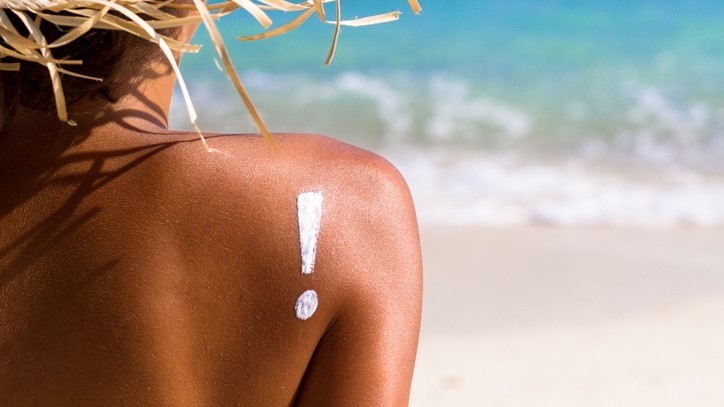
US Food and Drug Administration scientists found that sunscreen users might be taking in more of the active ingredients into our blood, far beyond regulatory thresholds.
They tested six of the main active ingredients in sunscreen lotions, sprays and pumps, revealing quantities of sunscreen chemicals in the blood high enough for the products to have to undergo additional FDA safety studies.
This happens when formulations surpass a threshold that requires them to be taken for further testing. The chemicals studied were avobenzone, oxybenzone, octocrylene, ecamsule, homosalate, octisalate and octinoxate.
The researchers stress the findings do not mean that sunscreens are unsafe, merely that more research is needed. The FDA will now conduct more research to determine the maximum levels of sunscreen ingredients that are safe to use.
Cancer is the greater threat
According to Ian Rae, a professor at the University of Melbourne’s School of Chemistry, skin cancer is probably a greater danger than sunscreen seepage.
“In laboratory tests most of the sunscreen chemicals can act as hormone mimics, potentially affecting development and the immune system,” said Dr Rae.
“But whether these effects can be demonstrated in whole bodies, and whether the use of sunscreens can produce higher concentrations than the body can safely deal with, are as-yet-unanswered questions.”
Heather Walker, chair of the skin cancer committee at Cancer Council Australia, said: "It’s important that Australians continue to use sunscreen alongside other forms of sun protection to prevent skin cancer.”
Pointing out that the study of 48 individuals was small and conducted in a lab environment that didn’t mimic real-life conditions, she said: “The researchers behind this study themselves say that these results should not discourage people from using sunscreen.
”In Australia, sunscreens are closely regulated by the government’s Therapeutic Goods Administration to make sure they are safe and effective.”
Rodney Sinclair, Professor of Dermatology at the University of Melbourne, is of the same view, pointing out that Australian regulations require sunscreens to meet strict testing standards.
Though the FDA identified that some sunscreen agents are being absorbed through the skin at higher levels than previously realised, a number of ingredients have been in common use for many years with no safety concerns.
“This does not mean that they are unsafe at these levels, merely that additional testing is required. The FDA will now conduct more research to determine the maximum levels of sunscreen ingredients that are safe to use,” Dr Sinclair said.
“Sunscreen, along with hats, clothing and shade, are measures advocated by dermatologists to reduce skin exposure to ultraviolet radiation and the consequential risk of skin cancer.”
A more cautious voice has been added to the debate after Bruce Armstrong, an adjunct professor in the School of Global and Population Health at the University of Western Australia, said more evidence of the safety of sun-screening chemicals is “urgently needed”.
"This publication adds to an earlier study by the same investigators, which showed that four active ingredients of sunscreens were absorbed into the bloodstream at unexpectedly high levels. It confirms the results of the earlier study.
“It cannot be said, with any certainty, that the application of these chemicals to human skin is safe,” Dr Armstrong added.
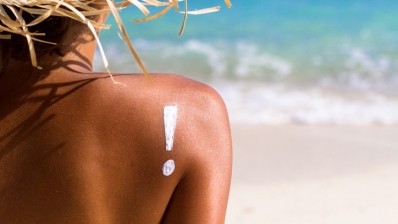

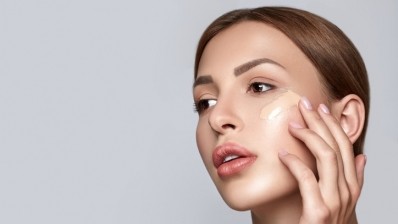
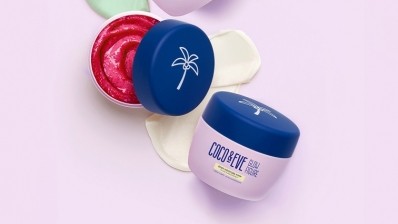
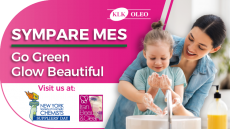

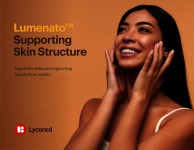
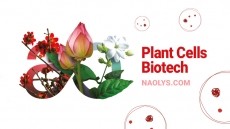


![Able C&C has furthered its partnership with Japanese discount chain Daiso with new makeup launch. [A'pieu]](/var/wrbm_gb_food_pharma/storage/images/_aliases/wrbm_tiny/publications/cosmetics/cosmeticsdesign-asia.com/headlines/brand-innovation/a-pieu-and-daiso-launch-exclusive-2-makeup-line/17339117-1-eng-GB/A-pieu-and-Daiso-launch-exclusive-2-makeup-line.jpg)
![Down Under Enterprises is setting sights on the Asian market as environmental sustainability and traceability become increasingly important. [Getty Images]](/var/wrbm_gb_food_pharma/storage/images/_aliases/wrbm_tiny/publications/cosmetics/cosmeticsdesign-asia.com/headlines/market-trends/down-under-enterprises-shifts-focus-to-china-as-environmental-sustainability-traceability-come-into-the-spotlight/17304932-1-eng-GB/Down-Under-Enterprises-shifts-focus-to-China-as-environmental-sustainability-traceability-come-into-the-spotlight.jpg)
![News updates from Shiseido, Dr.Ci:Labo, Sephora, and more. [Shiseido]](/var/wrbm_gb_food_pharma/storage/images/_aliases/wrbm_tiny/publications/cosmetics/cosmeticsdesign-asia.com/headlines/brand-innovation/updates-from-shiseido-dr.ci-labo-sephora-and-more/17334944-1-eng-GB/Updates-from-Shiseido-Dr.Ci-Labo-Sephora-and-more.jpg)

![Clariant has underscored the importance of localisation strategies and distribution capabilities in China with beauty trends evolving at a rapid pace. [Getty Images]](/var/wrbm_gb_food_pharma/storage/images/_aliases/wrbm_tiny/publications/cosmetics/cosmeticsdesign-asia.com/article/2024/04/16/clariant-emphasises-importance-of-localisation-in-the-era-of-viral-trends/17327969-1-eng-GB/Clariant-emphasises-importance-of-localisation-in-the-era-of-viral-trends.jpg)

![We dive into our most-read stories on formulation and science. [Getty Images]](/var/wrbm_gb_food_pharma/storage/images/_aliases/wrbm_tiny/publications/cosmetics/cosmeticsdesign-asia.com/headlines/formulation-science/skin-science-latest-stories-on-cosmetics-science-and-formulation/17334719-1-eng-GB/Skin-science-Latest-stories-on-cosmetics-science-and-formulation.jpg)


